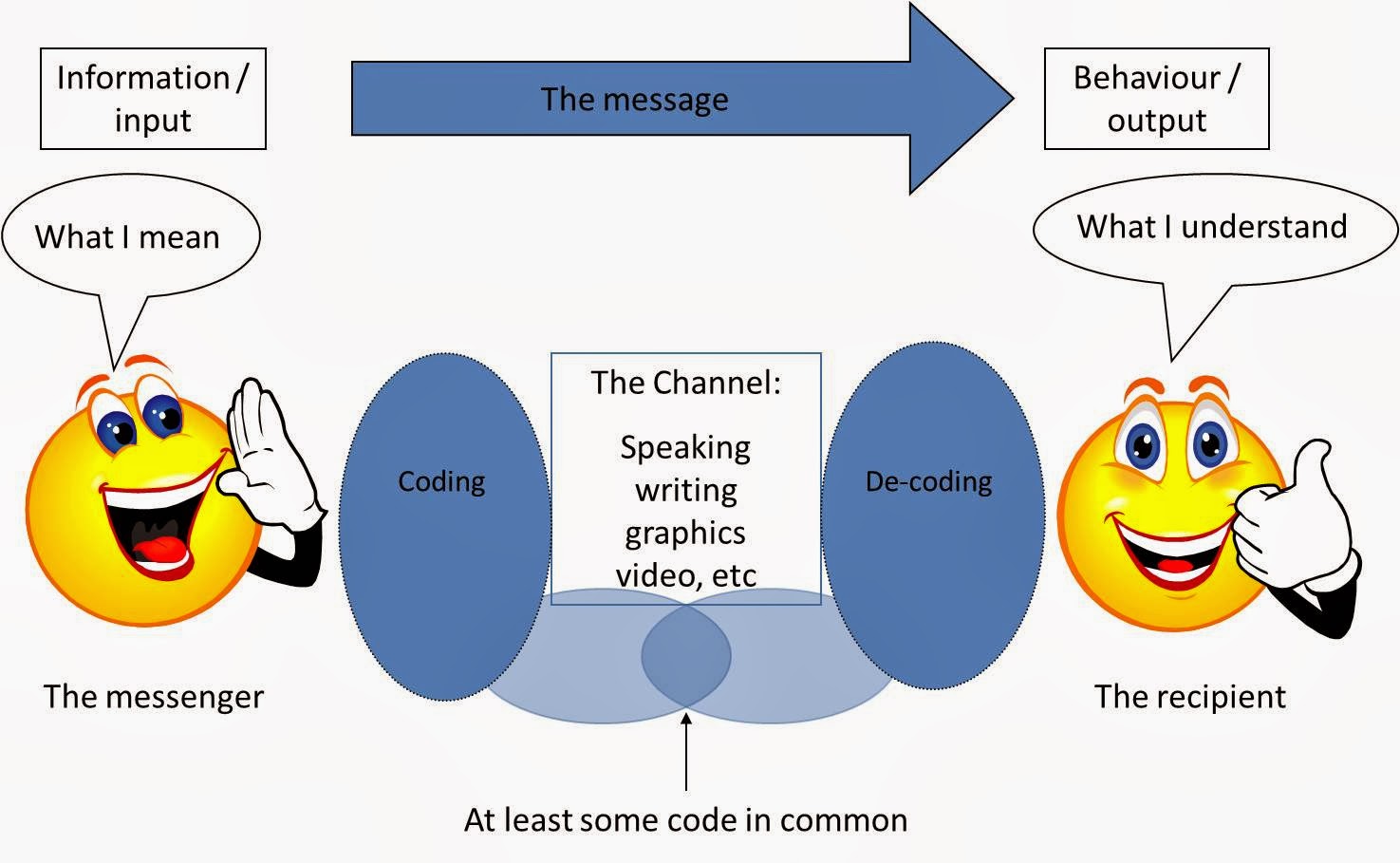Emotional Intelligence: Four Branches
The Four
Branches of Emotional Intelligence
Salovey and
Mayer proposed a model that identified four different factors of emotional
intelligence: the perception of emotion, the ability reason using emotions, the
ability to understand emotion and the ability to manage emotions.
1. Perceiving Emotions: The first step in understanding emotions is to accurately perceive
them. In many cases, this might involve understanding nonverbal signals such as
body language and facial expressions. The abilities involved in are:
The ability to accurately identify
and express feelings
The ability for self-awareness; to
be aware of your own feelings as they are occurring.
The ability to become emotionally
literate.
The ability to learn to identify and
label specific feelings in yourself and others
The ability to clearly and directly
communicate and discuss these emotions.
2. Reasoning with Emotions: The next step involves using emotions to promote thinking and
cognitive activity. Emotions help prioritize what we pay attention and react
to; we respond emotionally to things that garner our attention. The abilities
involved in are:
The ability to use your feelings
constructively
The ability to let your feelings
guide you to what is important to think about
The ability to use your feelings to
help you decisions which are healthy for both you and the rest of the human
race
3. Understanding Emotions: The emotions that we perceive can carry a wide variety of
meanings. If someone is expressing angry emotions, the observer must interpret
the cause of their anger and what it might mean. For example, if your boss is
acting angry, it might mean that he is dissatisfied with your work; or it could
be because he got a speeding ticket on his way to work that morning or that
he's been fighting with his wife. This includes the abilities to understand...
The
purpose of emotions; understanding their survival value to the species
The
relationships between emotions; how and why they can change from one feeling to
another
The
emotions which lead to the behavior in yourself and others
The
relationship between thoughts and feelings
The
causes of emotions and their relationship to our human psychological needs,
especially our unmet emotional needs.
4. Managing Emotions: The ability to manage emotions effectively is a key part of
emotional intelligence. Regulating emotions, responding appropriately and
responding to the emotions of others are all important aspect of emotional
management. The abilities involved in are:
The ability to manage emotions for
personal and social growth
The ability to take responsibility for
one's own feelings and happiness
The ability to turn negative
emotions into positive learning and growing opportunities
The ability
to help others identify and benefit from their emotions.



Comments
Post a Comment